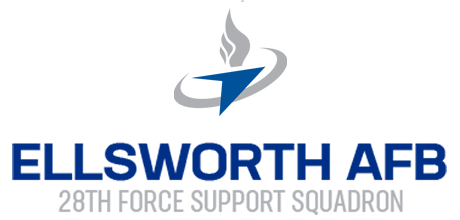In’s and Out’s of Renting (M&FRC)
In’s and Out’s of Renting (M&FRC)
Time 9:00 AM - 11:00 AM Event Details In's and Out's of Renting 12 April | 3 May | 28 May | 7 June | 18 June 9:00 AM to 11:00 AM Join M&FRC to learn the in's and out's of renting. This workshop will help dorm residents consider the decision and timing of moving […]


